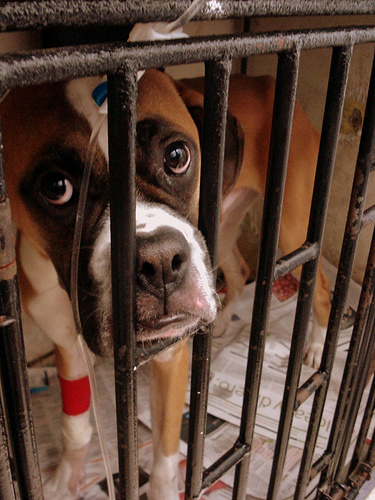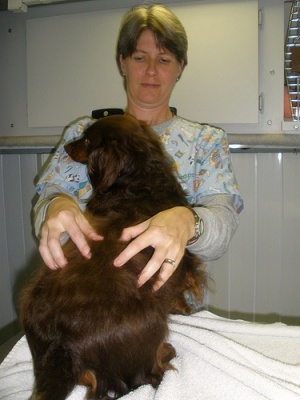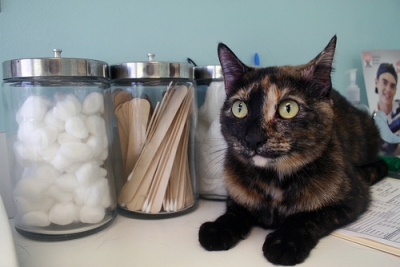
When your pet is ailing and your veterinarian prescribes a drug to treat him/her, it’s important to know as much as you can about the drug since you will be administering it. Following are some questions to consider asking your vet.
- What is the name of the drug?
- Could it interact with other drugs my pet is taking?
- What are possible side effects and what should I do to care for my pet?
- How do I give it? Do liquids have to be shaken before use?
- How many times a day should I give it?
- How much do I give each time?
- Should I give it before, after or during meals?
- What if I accidentally give too much?
- What should I do if I forget to give a dose to my pet?
- What should I do if my pet vomits or spits it out?
- How should I store it?
Should I finish giving all the medication even if my pet seems better?
Here are some helpful suggestions.
- Keep a list of drugs your pet is taking including those over-the-counter, supplements and prescription drugs. Take the list with you when visiting the vet.
- Discuss any allergies your pet may have or drugs that have caused your pet problems in the past.
- Inform the vet of any serious or chronic health conditions your pet may have.
- Avoid Medical Errors at Home
- Read labels and follow directions carefully.
- Store animal drugs in a different place, away from human drugs to avoid mishaps.
- Store all animal drugs and all drugs in general out of the reach of pets.
- Keep animal drugs in original containers.
- Do not cut, crush or break capsules or tablets unless your vet tells you to do so. Use a pill cutter to cut tablets to get the most accurate dose possible.
- Do not share one animal’s drug with another unless your vet says it’s okay to do so.
If you don’t understand why your vet is prescribing a medicine for your pet, ask why. Ask any other questions you may have. You might want to make a list at home before you go to the vet to make sure you understand the vet’s instructions.
For your pet’s health and well-being, it’s very important to know as much as possible concerning treatment.
If your pet has any adverse reactions to a drug, stop administering it and call the vet or emergency immediately.



